What do we think of when we think of blueprints? Architecture? Sewer system maps in horror films? Or do you think of the forefronts, the pioneers, and the linchpins? One might say that Swedish recording artist Lykke Li was the “blueprint” for all these other little sad pop girls—remember that next time you love a lime-green-haired XXXTentacion supporter… But that’s just one example. In social media, the term “blueprint” has become quite a coveted novelty as it pays homage and respect to the formative media that might have been forgotten as such. Yet no piece of media has grown more worthy of this title over time than Elaine May’s classic film A NEW LEAF, which is, irrefutably, the blueprint for the peak of romantic comedies.
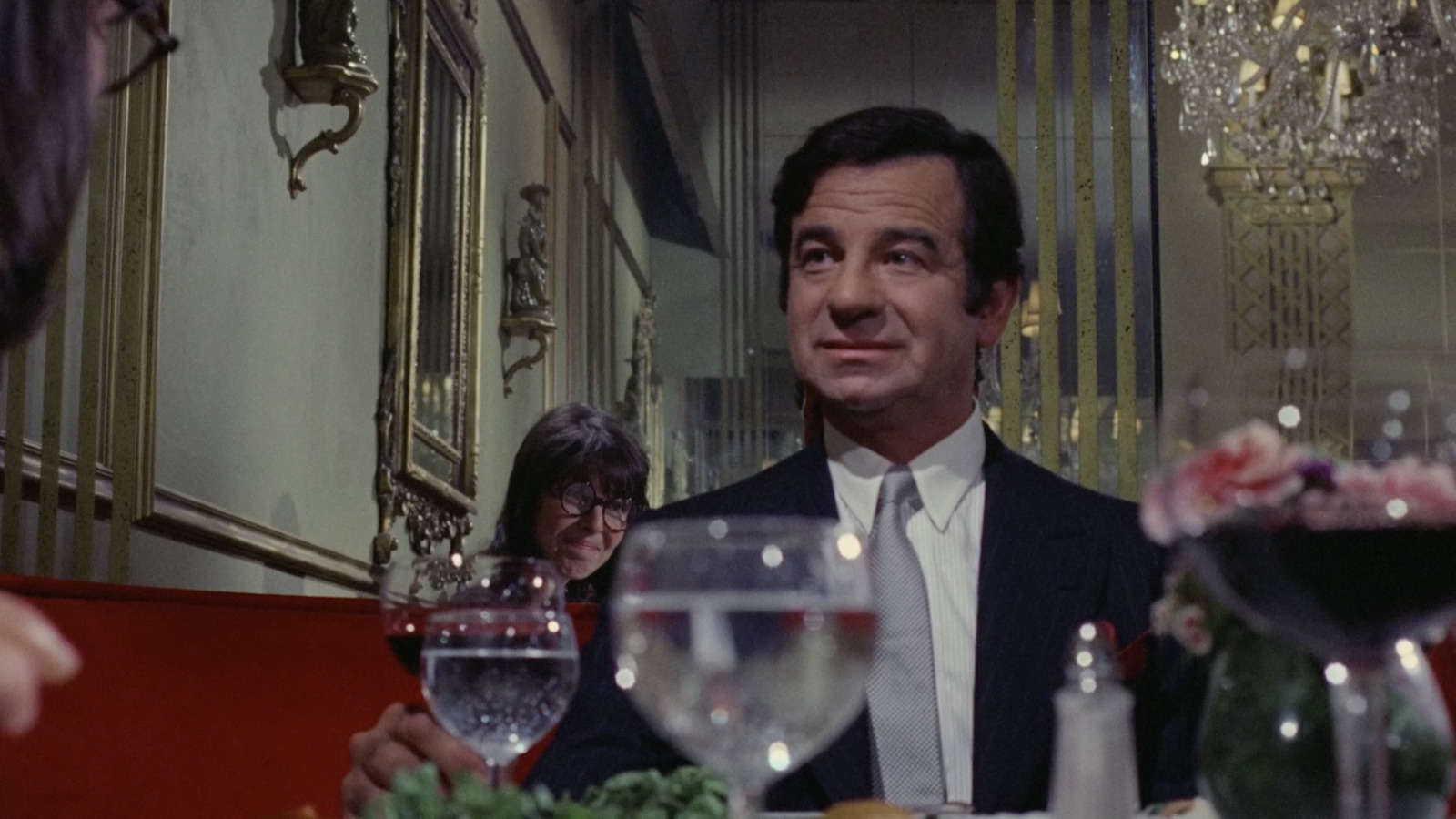
Released in 1971, A NEW LEAF stars Walter Mathau opposite May as a polarized couple. Mathau plays the taciturn, curmudgeon Henry Graham, who has ignorantly spent his entire trust fund on an utterly ridiculous lifestyle. Now, in order to keep his lavish proclivities afloat, he must do the unthinkable: marry for money. After much groveling, Graham convinces his surly uncle to loan him $50,000 with the promise he will marry and pay the money back in exactly six weeks, or everything he owns will be repossessed by said uncle. Graham, completely devoid of any tact, is unable to find any women he could tolerate long enough to even marry falsely; that is, until he meets Henrietta Lowell (May). Henrietta is an eccentric botanist who can barely hold a teacup, much less a conversation – she’s the ace in the hole. Mathau seduces her with big speeches and gigantic displays of performative devotion as May spills beverages all over herself. On their first date, Henry, with only a week left on his promise, asks Henrietta to marry him and she, enamored by the illusion of compassion, agrees in a second. The couple takes a honeymoon to the beach where Henry starts immediately planning how he is going to kill her.
While any scene from A NEW LEAF is worth noting, the honeymoon is the most emblematic of a “blueprint” title. Yes, there is the ending on the waterfall, but the honeymoon has something that the ending loses from its placement: a tonal shift. Throughout the course of the film, the audience has no call to root for Mathau, as his impeccable performance can only derive sympathy for May. Yet, as Henrietta tries and miserably fails to put on a sexy nightgown for Henry, there is a twinge of hope. Henry, understanding her intention, does not sleep with her, but instead informs her that her head is in the arm hole, and for five complete minutes, tries to explain how to correctly put on the dress. The scene is not only dripping in hysterical physical comedy between the duo, but its tenderness imbued from a man who is anything but tender makes the audience want their love.
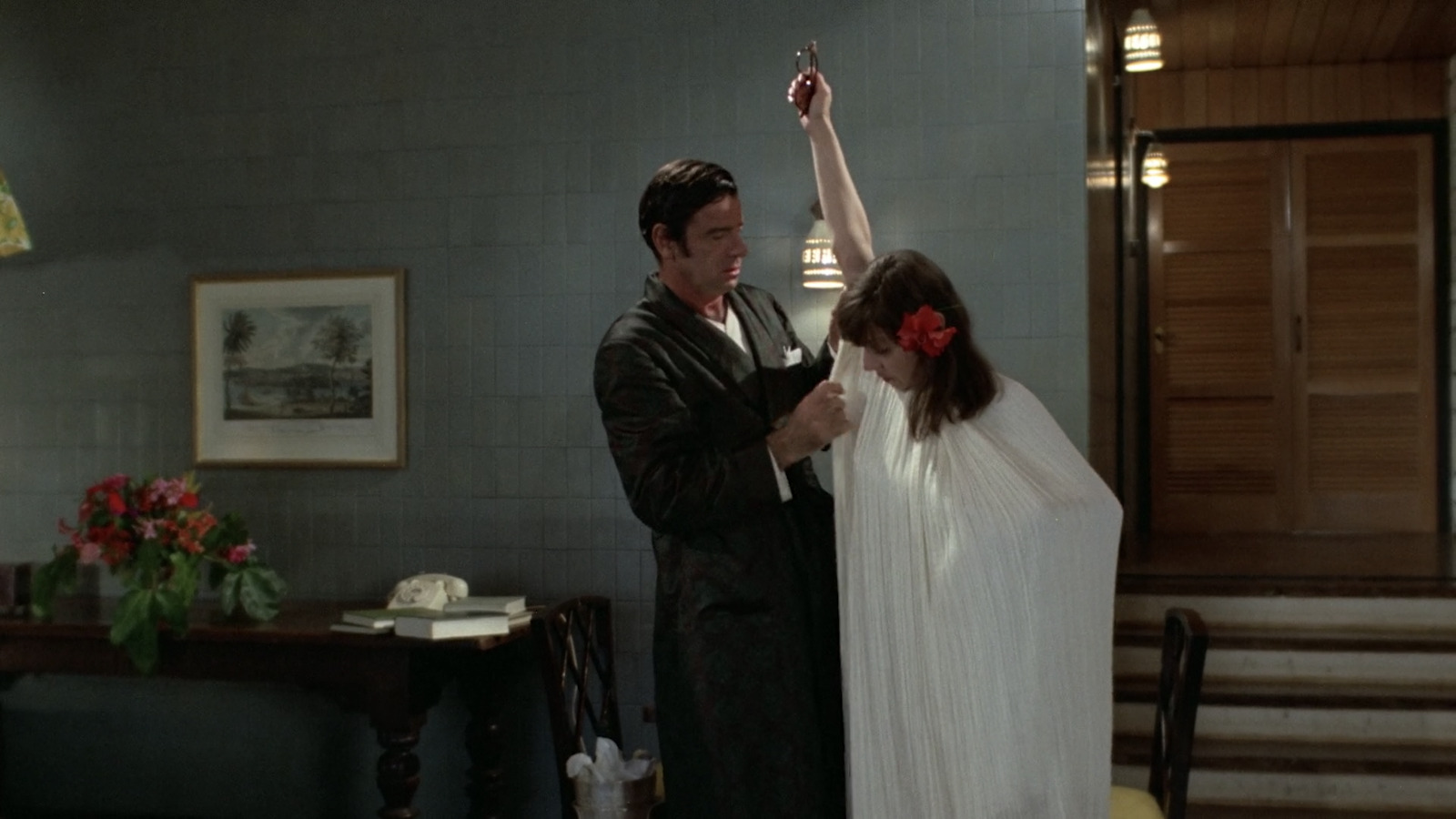
In the vast scope of the 2010s to the present, it’s this desire that romantic comedies have completely lost. There are many theories as to why the golden age of late-90s to early-2000s rom-coms is irrevocable, but foremost is that we have stopped giving a fuck about these people and their love. All new-age rom-coms can be boiled down to a synthesis of “I’m fucked up, you’re fucked up, let’s be fucked up together.” Jesus Christ, have you ever heard anything more emotionally taxing? The point of rom-coms is to escape into a hyperbolic dreamscape. If I wanted to be sad and think about the futility of love with a retrospective of my own relational trauma, I would just redownload Tinder and message the first “Nick” I see. Modern romantic comedies have completely taken the fun out of having a crush and falling in love: we all know real life is depressing but that’s not why we choose to watch rom-coms.
We choose to watch Mathau and May fumble through overt silliness and well-written banter because we want that moment where Malthau realizes his affections growing and his curtness waning—when he falls in love. The beauty of May’s writing in conjunction with the leads’ performances makes us realize that we don’t need that “ah-ha” moment. The honeymoon scene is entertaining for numerous reasons, but when you realize it’s not a climactic moment, but a cumulative one, it becomes that much better. Throughout the film, Henrietta smiles whenever Henry walks into the room and she tilts her chin just enough to get a better look at him. He brushes dirt and various impending food stains off of her, but when the initial humor falls off, it’s clear the man’s grooming is a form of care.
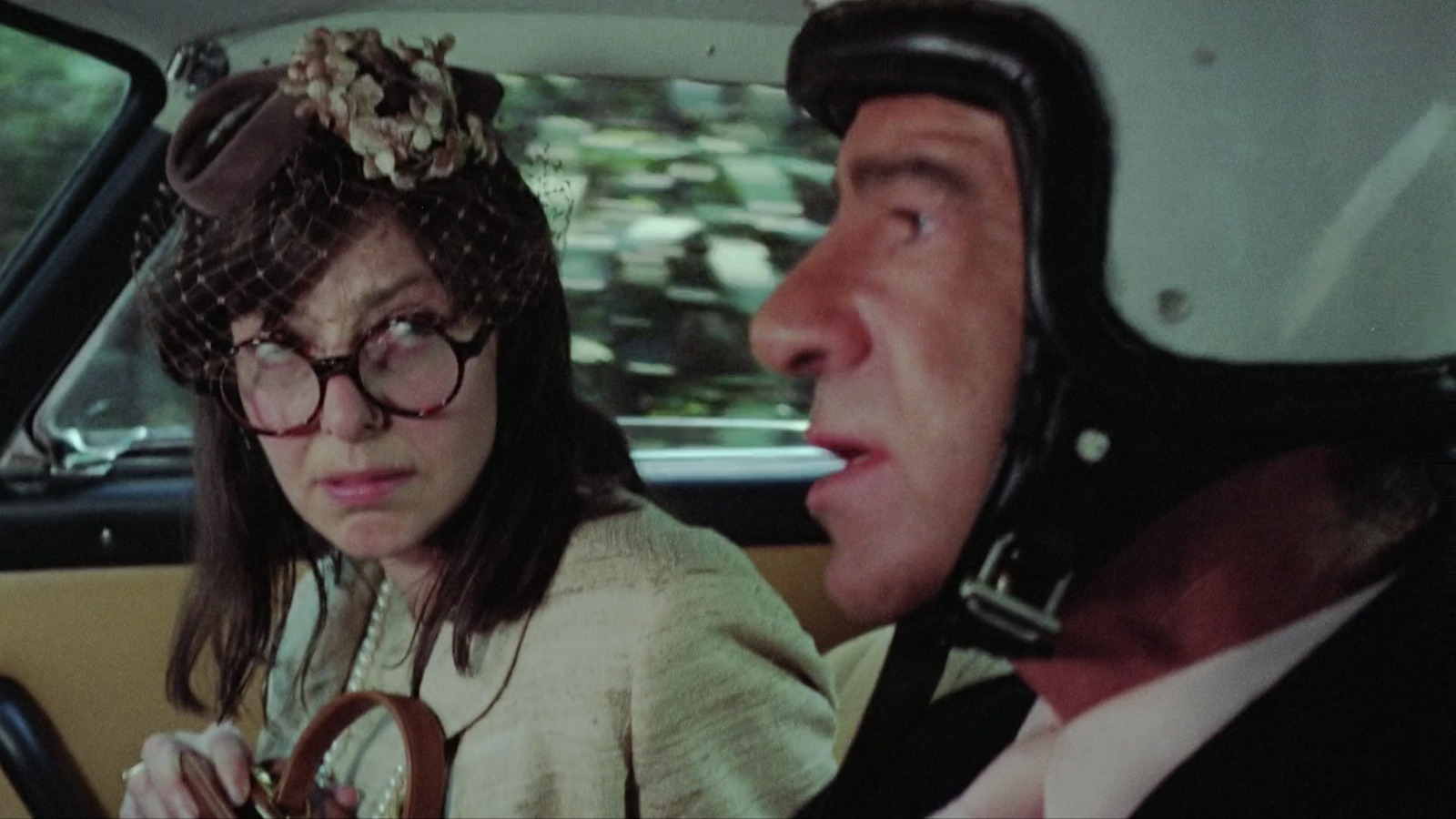
A NEW LEAF ends with one last important nuance: neither Mathau nor May is stereotypically attractive. Yes, hot people falling in love and fucking is a nice fantasy, but the film lets the completely-normal-looking community have a win. Henry, in all of his pessimism, clutches Henrietta after saving her life and snarks “I have no mind, as far as I can tell.” Only a fool could love this woman: this fool. The couple, still wet and looking their worst, embrace closer. She asks “I know this isn’t what you had planned, but would you mind it terribly much?” Henry takes a breath, and calmly responds “Being a history instructor? And going to the university with you in the mornings? And grading term papers with you in the study every semester? Not terribly.” It is enough to give you cavities and melt your heart as they walk together into the sunset.
50 years after its initial release, Elaine May’s masterpiece A NEW LEAF remains a seminal film with irrefutable effects on the succeeding state of the rom-com. On top of the memorable performances and expert writing, the inexplicable sweetness will brighten your whole day. As we continue to celebrate the filmographies of Nancy Meyers and Norah Ephron, we can’t forget that A NEW LEAF, and furthermore Elaine May, is not just the blueprint, but the scripture.



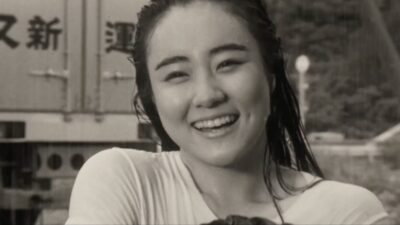



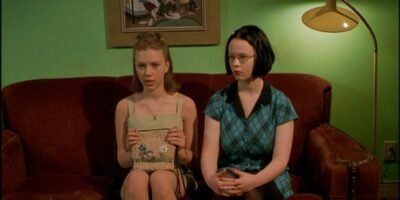

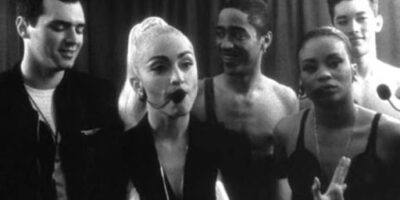






Comments